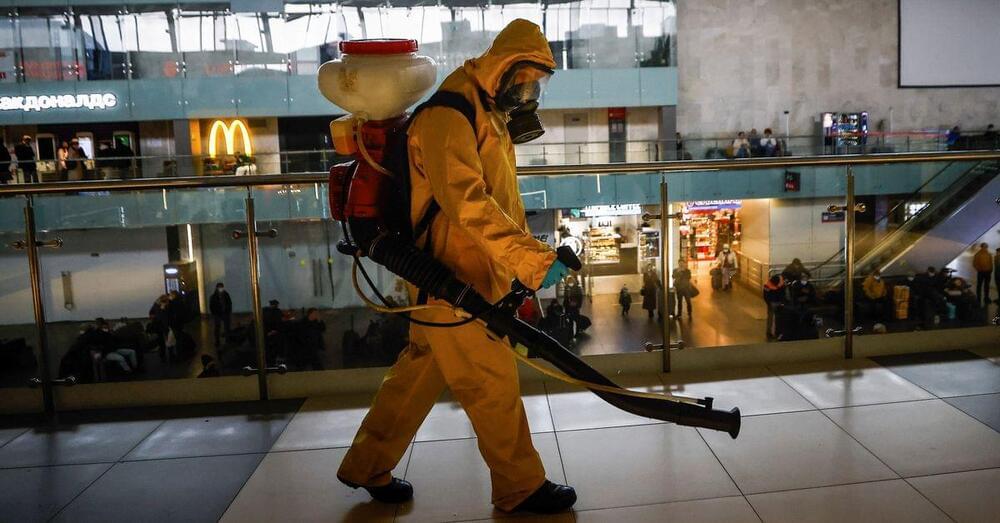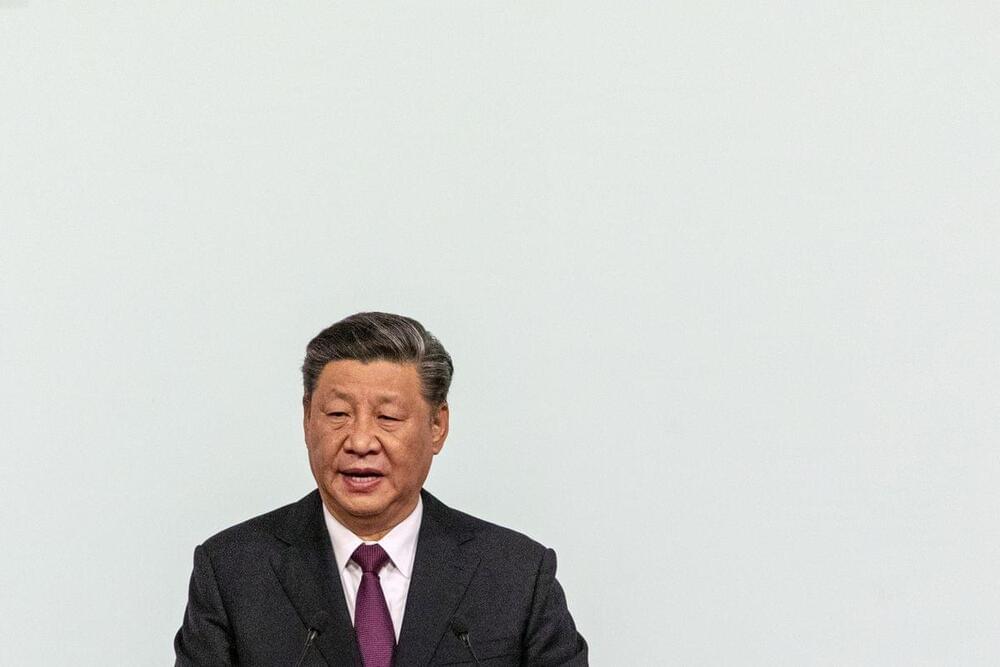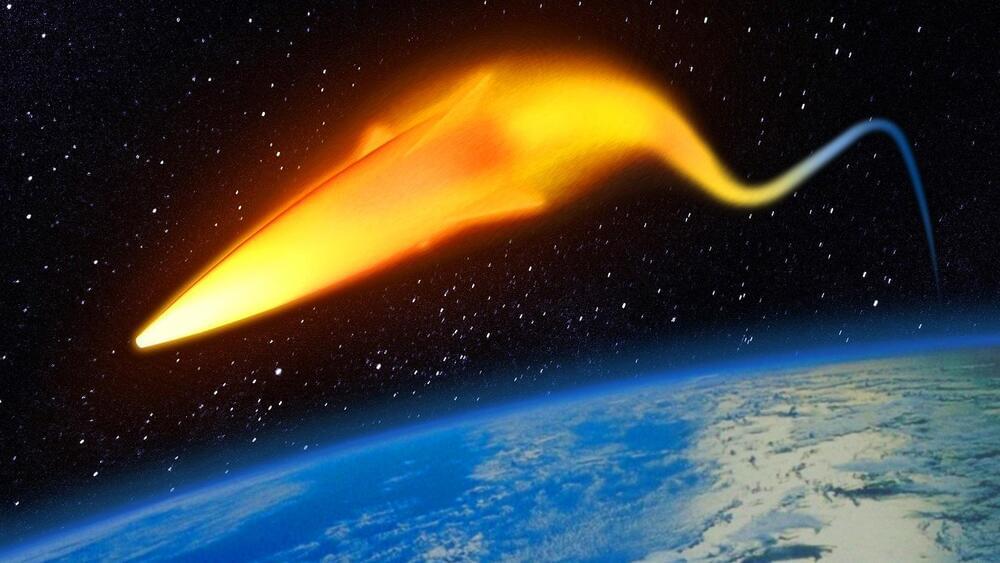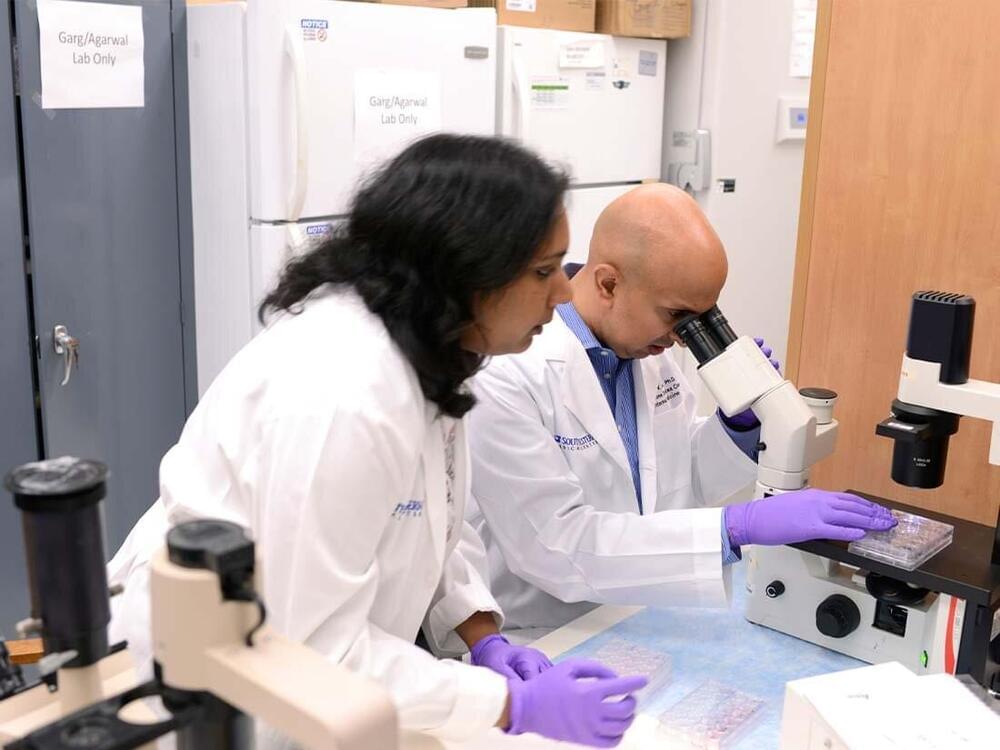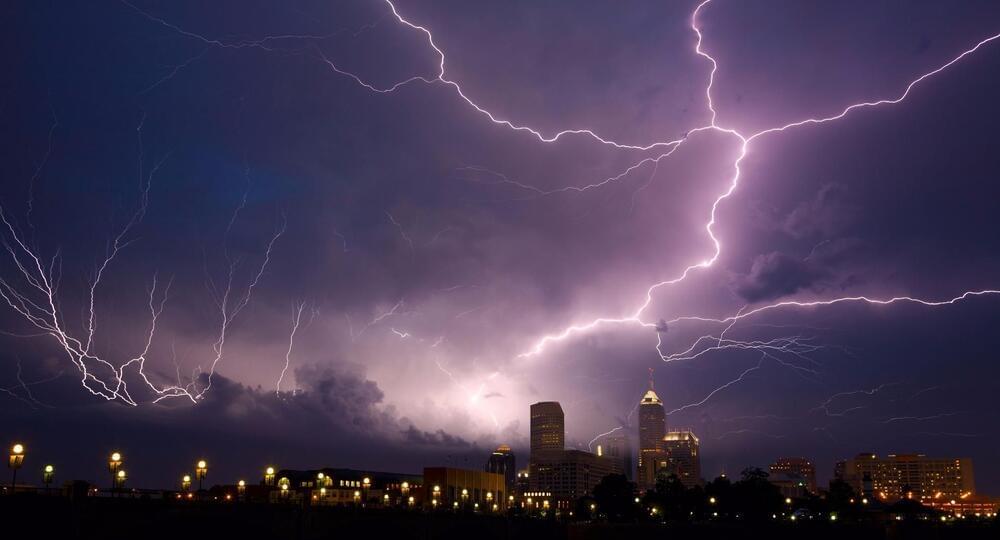Known formally as additive manufacturing, or AM, in the business, the process can make almost anything—even a car.
“For our OEMs, we were able to show a print rate 50% faster than they needed for value production and an assembly rate about 35% faster than they need for full-volume production,” Kevin said. “We have a dozen programs for multi component structures,” said Kevin. “Our first production programs are going to be in vehicles on the road in early 2022. And these are with brands that are within groups that are in the top five global automotive groups by annual volume.”
So, just to review, it’s: computer-designed parts, 3D printers making those parts, which are assembled by robots, in a much smaller space than typical assembly lines.
So no more River Rouge. The Czingers say that carmakers could replace assembly lines that had been a mile long with assembly stations like the one I saw, greatly reducing the lead time, cost, and complexity of car making. And you can switch the car model that you’re building with every new assembly. No more downtime during model-year changeover. And all those spare parts carmakers have to keep in warehouses for 10 years? They will be replaced by instant 3D printing of whatever spare part you need.
